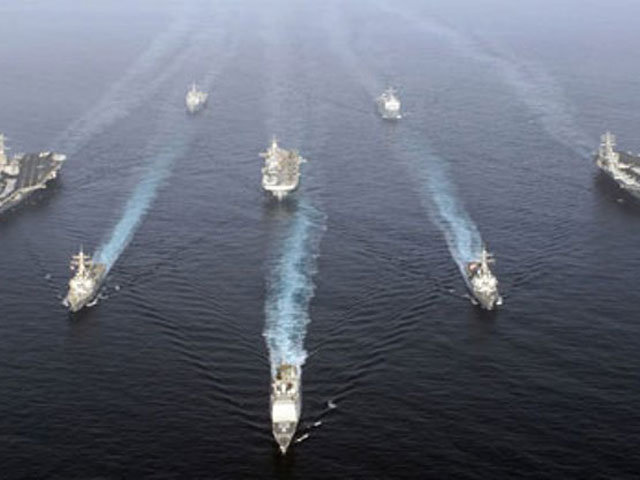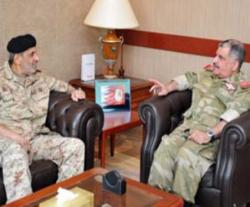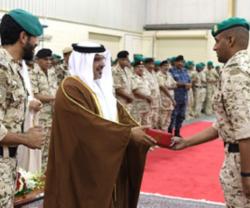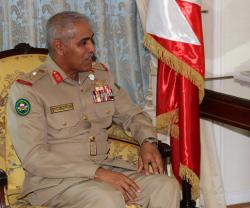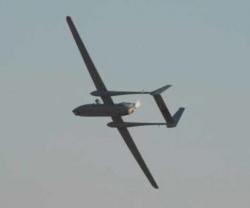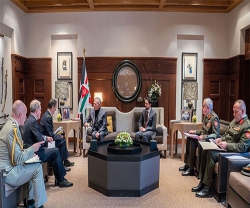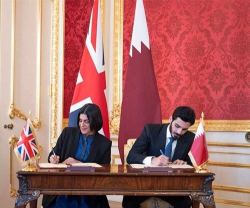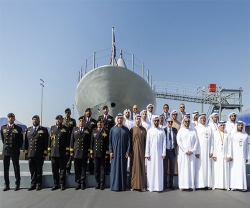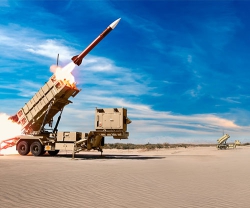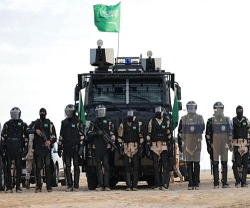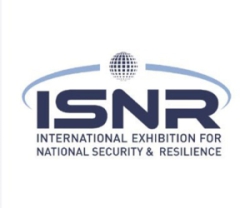Warships from around the world are being assembled in the Gulf for what the US military described as the most widely attended international naval exercise ever held in the Middle East.
The Central Command said the Gulf exercise started Sunday September 16th with a meeting for Senior Commanders to view the latest mine hunting and disposal inventions.
In the second phase, sea manoeuvres would be held including mine detection and clearance operations.
The exercise, which will end on 27 September 2012, comes at a time of rising regional tensions over Iran's controversial nuclear program.
Tehran has threatened to block the Strait of Hormuz, through which 40% of the world's sea-borne oil exports passes, and target US military bases in the region if it was attacked.
The US Naval Forces Central Command said that the International Mine Countermeasures Exercise 12 involved vessels and officials from 30 countries in 6 continents. It did not name the participating nations.
“This exercise is about mines and the international effort to clear them,” said Vice Admiral John W. Miller, Commander of the Central Command, in a statement on its website.
“Represented here are the best of our individual countries' efforts dedicated to securing the global maritime commons and I look forward to seeing how this exceptional team of professionals moves forward.”
The Bahrain-based Central Command is responsible for an area comprising some 2.5 million square miles stretching from the Gulf to parts of the Indian Ocean.
The West and Israel believe Iran is seeking an atomic weapon, while Tehran says its work is for peaceful purposes.
Israel, concerned international sanctions have not stopped Iran's program, has been pushing Washington to spell out limits Tehran must not cross if it is to avoid military action - something U.S. President Barack Obama has refused to do.
Israeli Prime Minister Benjamin Netanyahu warned on Sunday that Iran was just six to seven months away from the brink of being able to build a nuclear bomb, adding urgency to his demand that Obama set a "red line" for Tehran.
Obama has asked Netanyahu to hold off on any Israeli strike on Iran's nuclear sites to give sanctions and diplomacy time to work.
The official US Navy News Service said last month that Washington was cutting short home leave for the crew of one of its aircraft carriers and sending them back to the Middle East to counter any threat from Iran.
Source: Reuters

